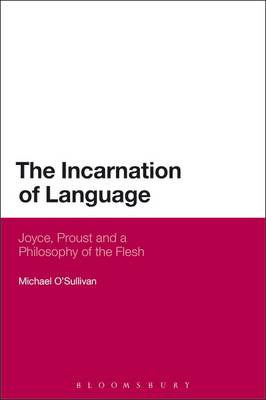Continuum Literary Studies
2 total works
This study charts a history of weakness in a selection of canonical works in literature and philosophy. Examining the nature of weakness has inspired some of the most influential aesthetic and philosophical portraits of the human condition. By reading a selection of canonical literary and philosophical texts, Michael O'Sullivan charts a history of responses to the experience and exploration of weakness. Beginning with Plato and Aristotle, this first book-length study of the concept explores weakness as it interpreted by Lao Tzu, Nietzsche, the Romantics, Dickens and the Modernists. It examines what feminist critics Elaine Showalter and Luce Irigaray make of the figure of the "weaker vessel" and considers philosophical notions such as radical passivity, a "syntax of weakness" and human vulnerability in the work of Derrida and Beckett and Coetzee. Through analysis of these differing versions of weakness, O'Sullivan's study challenges the popular myth that aligns masculine identity with strength and force and presents a humane weakness as a guiding motif for debates in ethics.
The Incarnation of Language investigates how the notion of incarnation has been employed in phenomenology and how this has influenced literary criticism. It then examines the interest that Joyce and Proust share in the concept of incarnation. By examining the themes of synthesis and embodiment that incarnation connotes for these writers, it offers a new reading of their work departing from critical readings that have privileged notions of radical alterity and difference.

